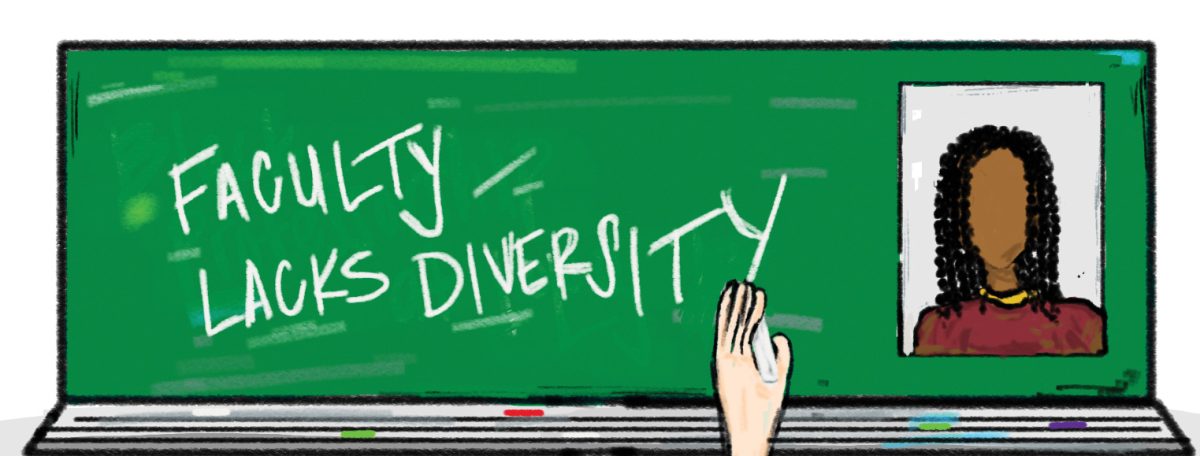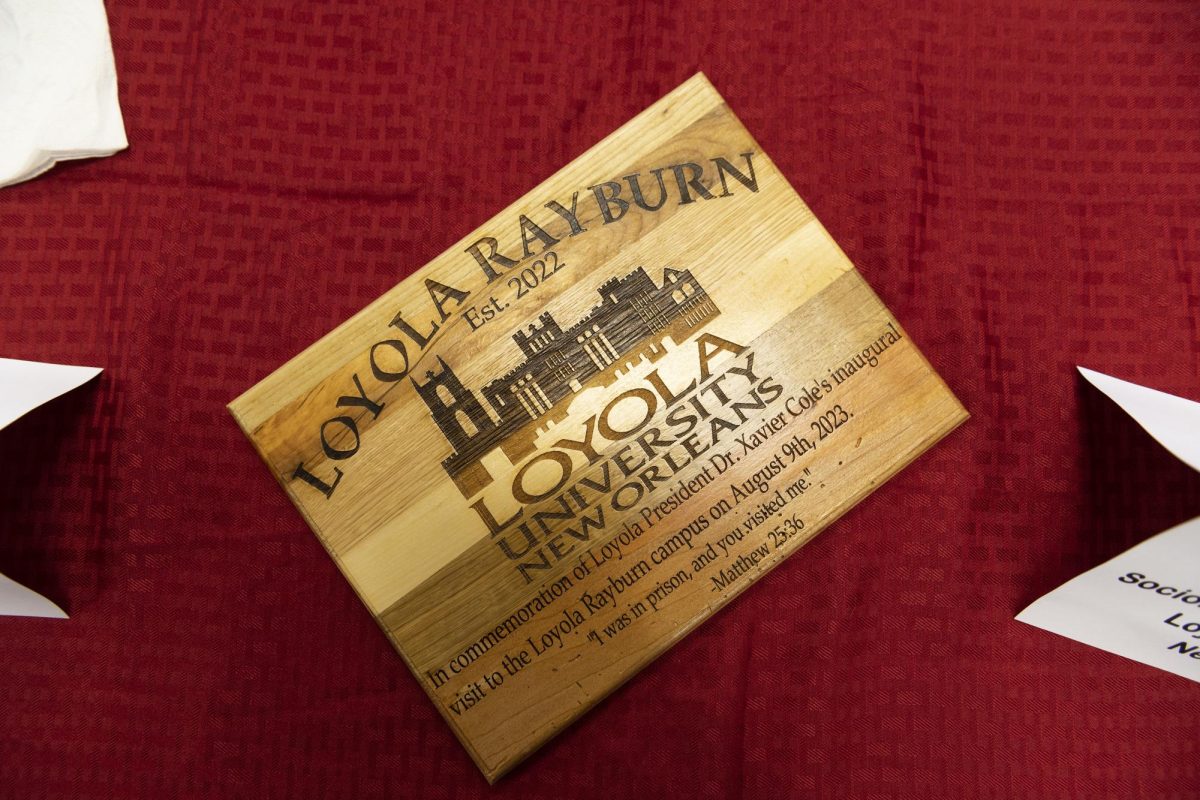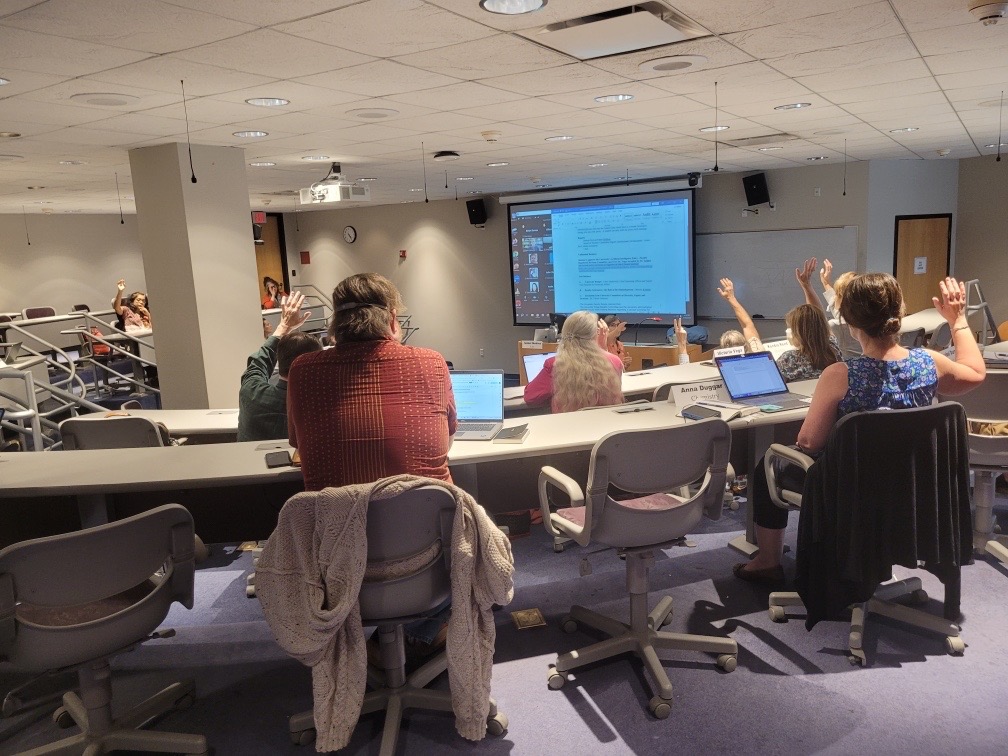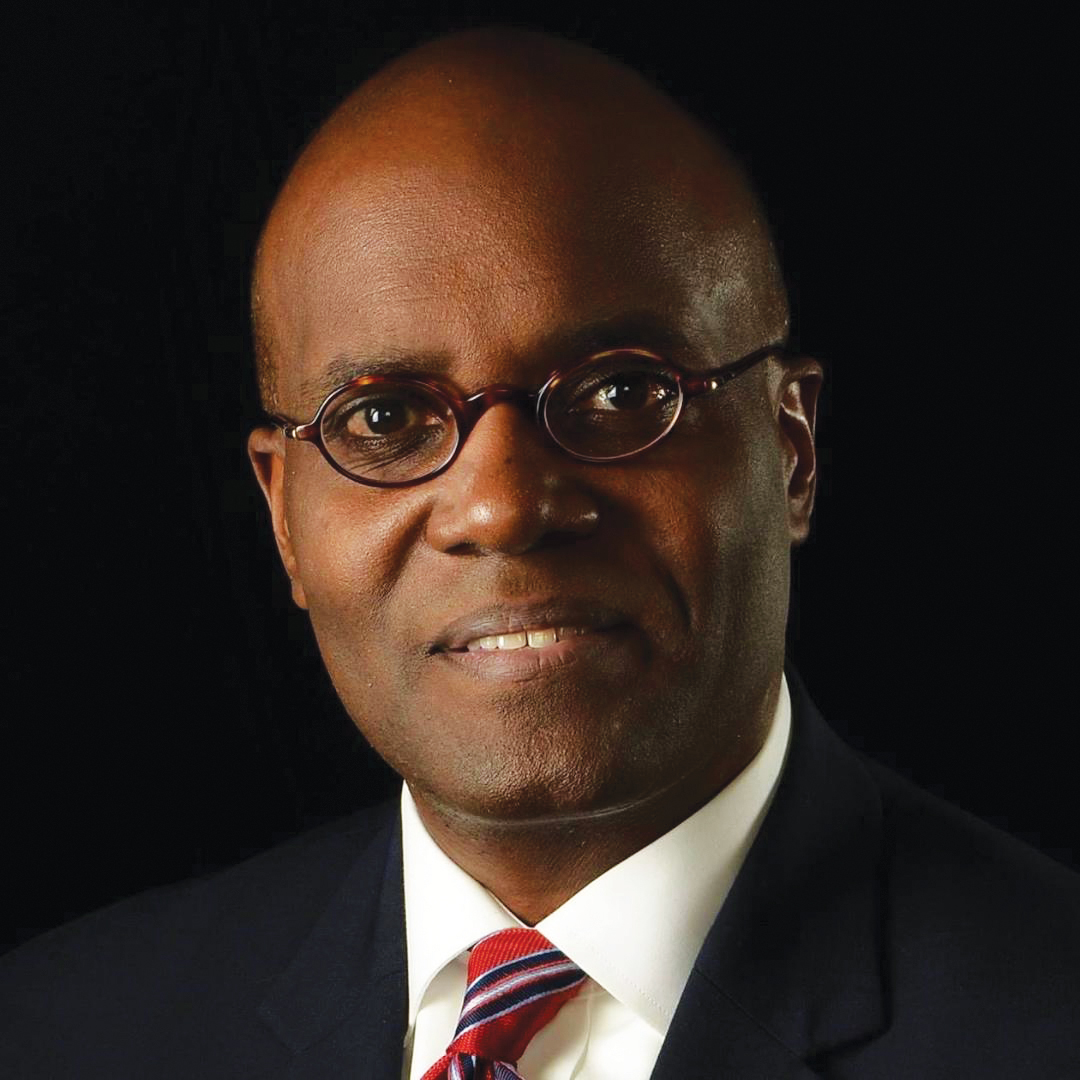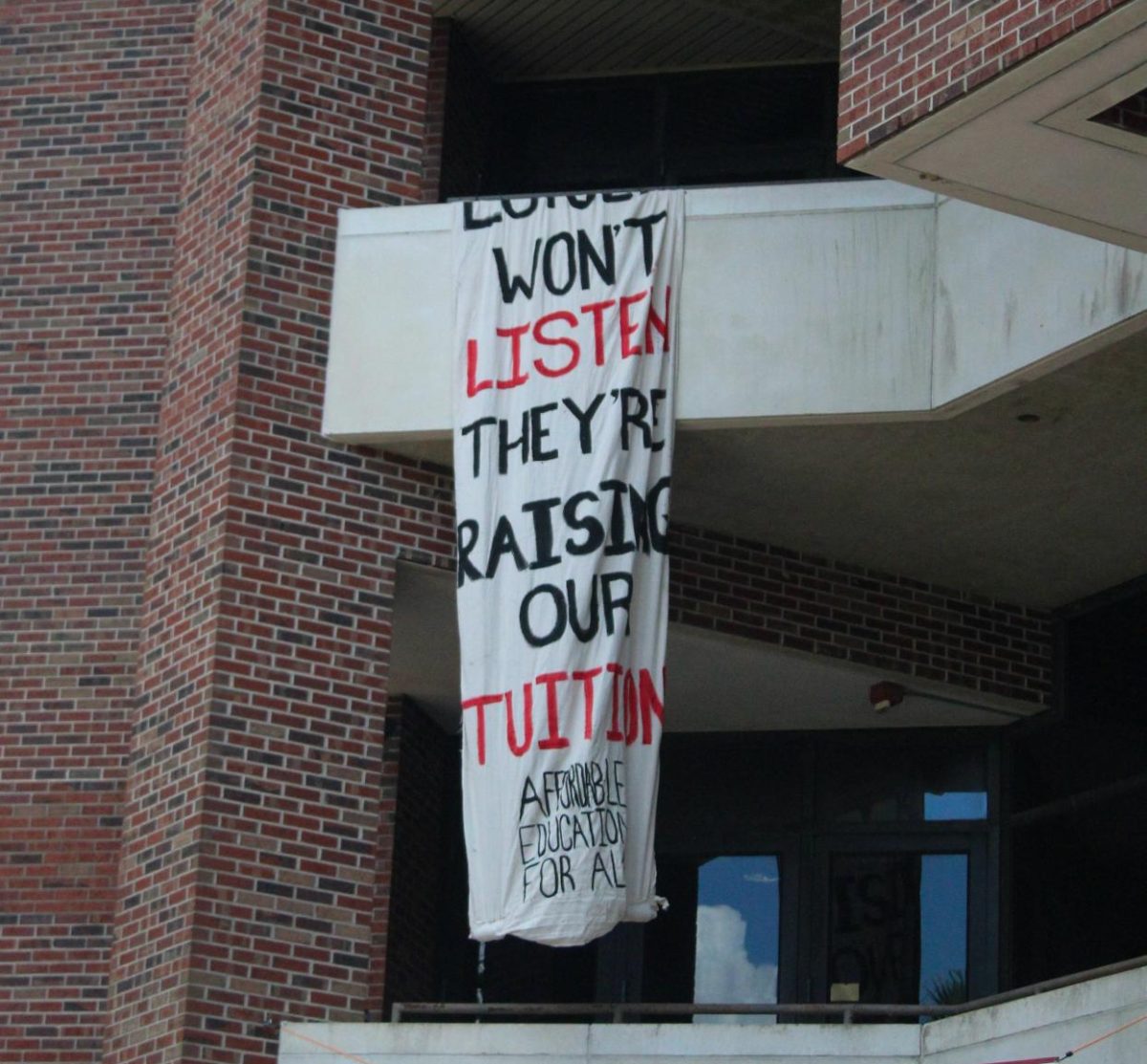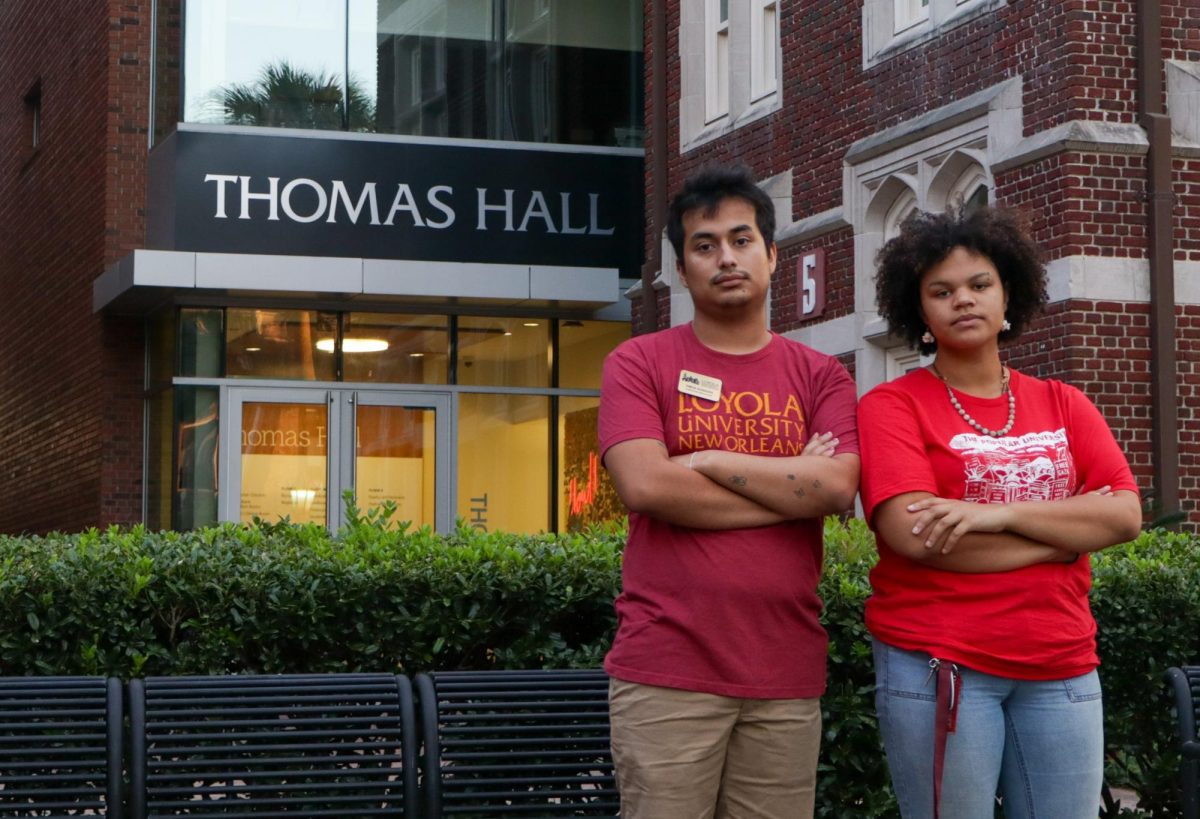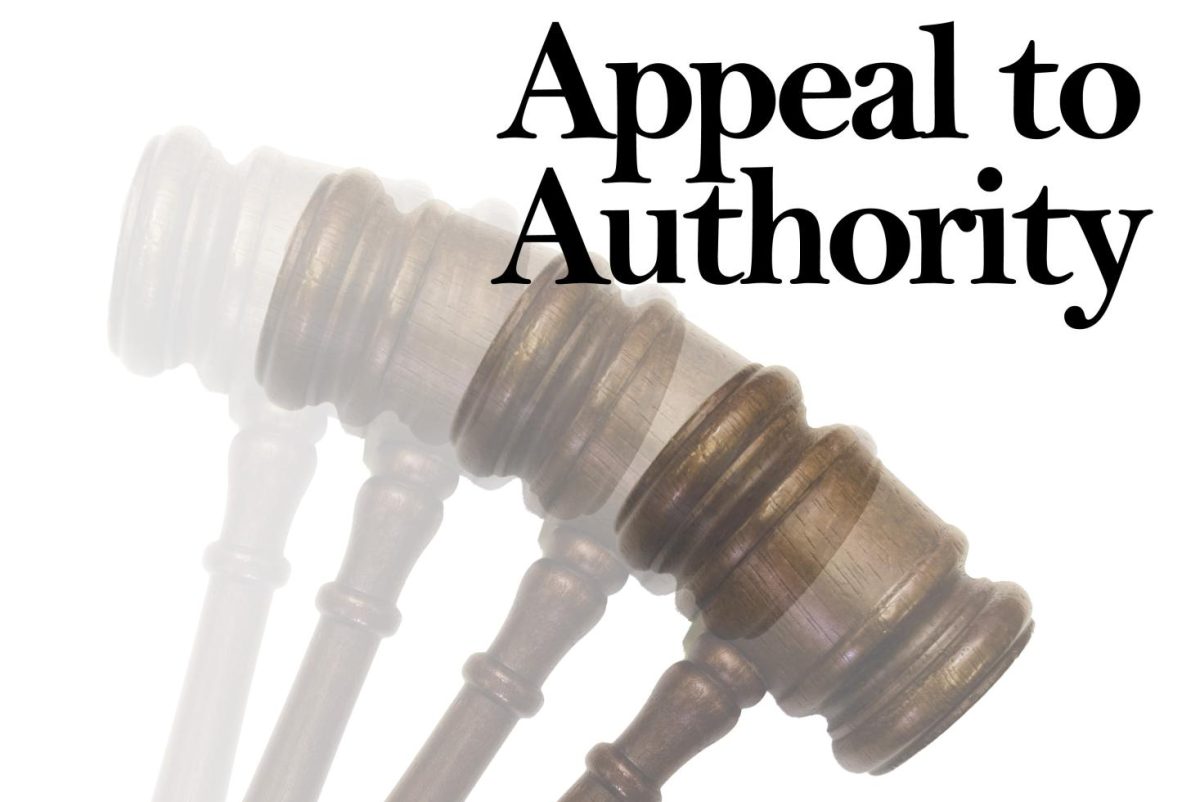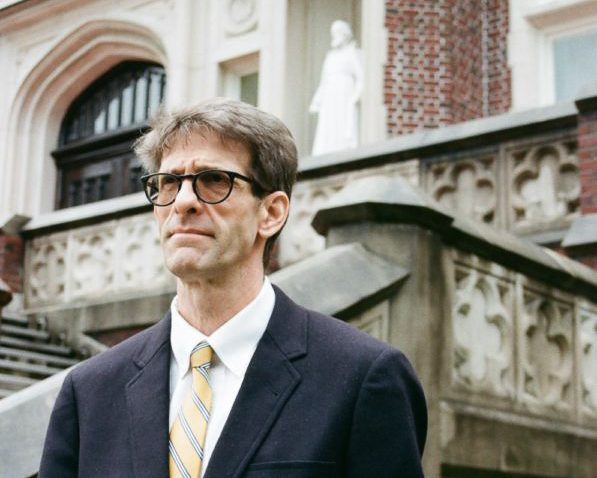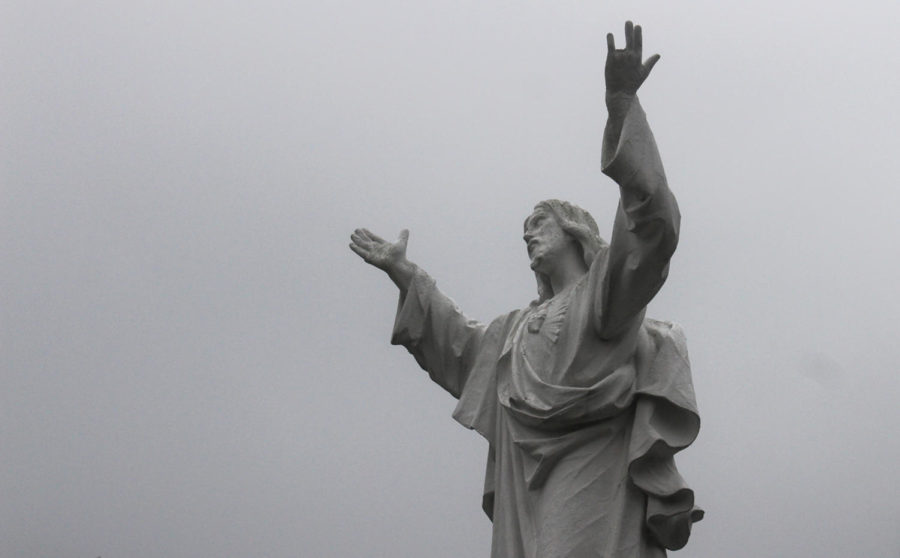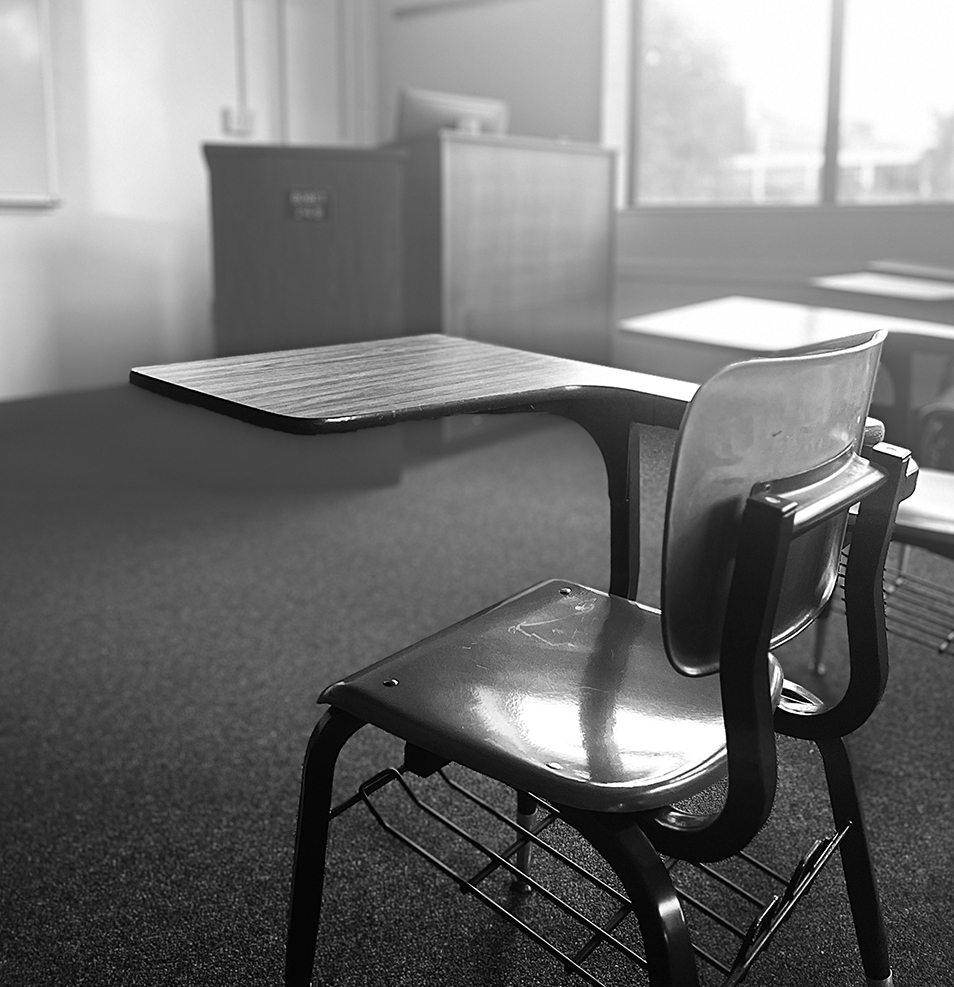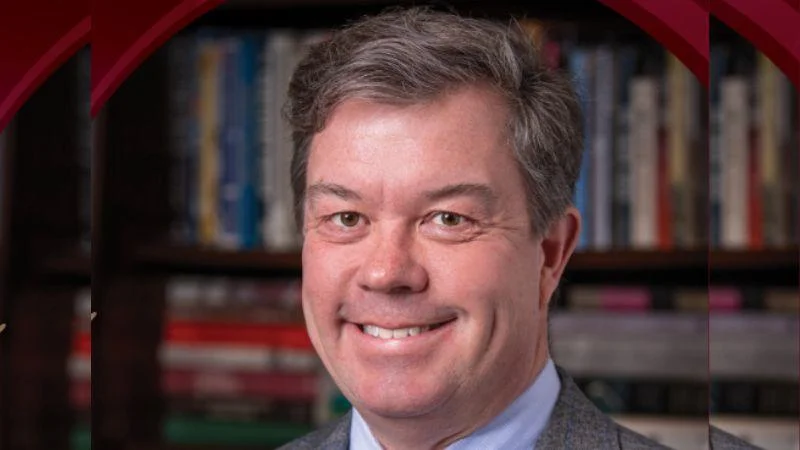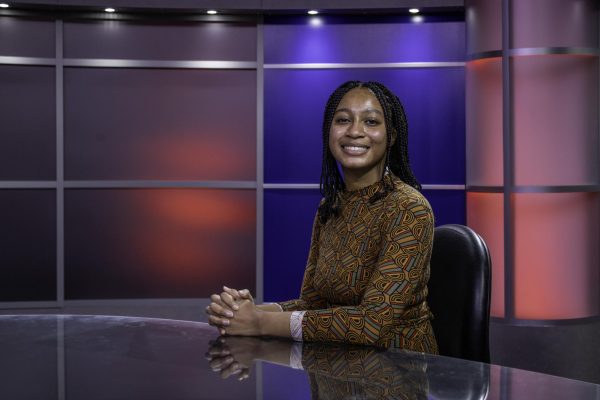Loyola’s Strategic Plan for Inclusive Excellence expresses the goal of representing the diversity of our community within New Orleans across campus. However, recent data released by the university from the past few years suggests otherwise.
According to 2022-2023 data from the American Association of University Professors for Loyola, only 7% of full-time instructional faculty are Black — a number that has remained essentially unchanged since 2016.
That means that out of about 375 full-time professors on campus, around 26 are African-American, with most of that number appearing to be within the College of Music and Media.
The Maroon approached several Black faculty members to discuss the situation at Loyola, but many of those Black professors said they were not comfortable speaking publicly on the topic.
Loyola touts its diversity amongst the student body, but its employment numbers show that it struggles to uphold the same diversity within the faculty.
Visiting professor Gregory Lee Jr. said he finds great importance in his role as a Black male educator within the world of teaching.
“I did not have a Black male instructor until I reached high school. We are seen as role models and something that young people can see and aspire to become,” Lee said.
When asked about representation as a Black professor at Loyola, Lee said that he strives to share his experiences not only as a Black man, but also as an educator, with his students.
Lee said he wants to continue to create a safe space for his students to grow on campus and within the surrounding community.
“Representation always matters in the classroom and in the workplace. It gives employees and students alike the opportunity to see themselves in those who teach or lead them,” said Lee.
Lee says that he wants to help students navigate the tough terrain of college so they can enter the real world in confidence.
“I am here to share my experiences and pass on the lessons I have learned over the years and pass along the things the students will face in post-college life in the workplace,” Lee said.
Journalism senior Domonique Tolliver said she has only been taught by two full-time Black professors during her four years at Loyola.
“The lack of Black professors discouraged me from expanding my horizons within other departments at Loyola,” Tolliver said.
She said not seeing Black professors compels people of color to stay in areas where they are comfortable. “Because they don’t see a safe space on campus outside of the one that they already know,” she said.
Tolliver has been a commuter student her entire four years at Loyola. Despite growing up in such a diverse city, like New Orleans, Tolliver said the lack of Black professors at Loyola does not reflect the nature of Loyola’s location.
“Our professors need to further reflect New Orleans. It’s sad to go into campus and have it not look like the people I grew up with and have it not look like the people that make this city the cultural hub that it is,” Tolliver said.
The lack of Black professors on campus has prompted many members of the campus to call into question the status of African and African-American studies program.
With the recent program director of the African-American studies department, professor Scott Heath, being released from his position in the English department, there is a call to question the impact of the lack of diversity in professorships on campus for certain classes and departments around Loyola.
For interdisciplinary minors on campus, including the African and African-American studies minor, many people feel that it is difficult to retain students of color within the programs because they don’t see themselves reflected within the faculty teaching the courses.
“Multicultural studies aren’t integrated at the foundation level of higher education and education in general, which is causing a ripple effect,” Tolliver said.
According to her, having a professor not only see you as a Black student, but understand the complexities of what you go through in higher education is powerful.
Without reflections of themselves amongst faculty, the Black student body does not have an authoritative voice to create change and a safe space, Tolliver said.
“While the department has proposed diversity, equity, and inclusion initiatives, having Black professors who have been where I am is missing from the program,” Tolliver said.
Loyola’s Vice President of Marketing and Communications Rachel Hoormann said that applicants for faculty positions are asked to provide a diversity statement to better understand their commitment to diversity.
According to her, faculty positions are posted on Loyola’s website and in higher education periodicals, including some that specifically target diverse candidates. These faculty positions also include filling in the new chair for the African and African-American Studies program.
“Administrative duties like being a department chair are not a full time position. So, it requires obtaining a faculty member interested in the role who has the appropriate expertise and who is willing to take on the additional responsibilities,” Hoormann said.
However, Tolliver said that she senses a bigger issue at play, not just within Loyola, but other universities as well when it comes to diversity.
“There is a really big issue with institutions in general, not just PWI’s (predominantly White institution), using the adjunct professor system to say they have diversity in their professorship,” Tolliver said.


